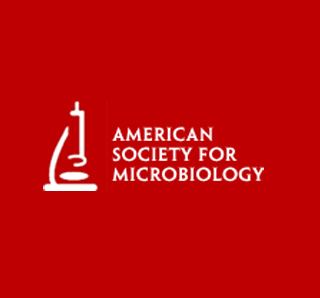
It is believed that humans contract infection when they come in contact with contaminated feces or urine from infected insects, blood transfusions, contaminated food, and birth canal transmission. Mexico and Argentina are seemingly considered as endemic areas and in such regions approximately 30 percent infected patients report cardiovascular and gastrointestinal problems. Benznidazole which is the present day medication for Chagas’ disease is claimed to be effective only when the patients are acutely infected. But it seems to be less effective in chronic infections and triggers severe side effects in elderly patients.
Investigators allege, “This compound was demonstrated to have a fast antiparasite effect, decreasing its viability and invasion capacity and leading to an apoptosis-like death. Due to its high efficacy in vivo, it could be an alternative treatment for Chagas’ disease.â€
During the research, experts found a compound against T. cruzi that appears to prevent cell division. Even in low doses this compound is assumed as very effective against T. cruzi. Researchers claim that the compound is 340 times more toxic to parasites as compared to mammalian cells. It also appeared more effective than benznidazole in all experiments.
The research is published in the August 2010 issue of the journal Antimicrobial Agents and Chemotherapy.
